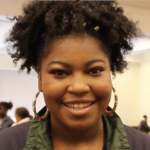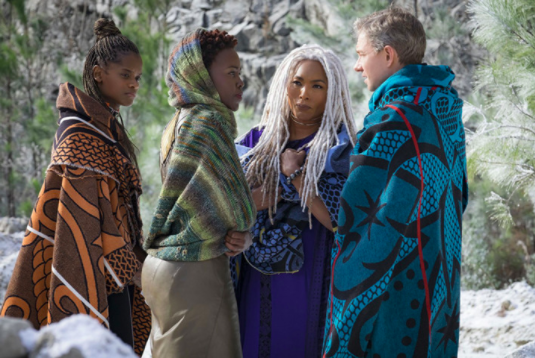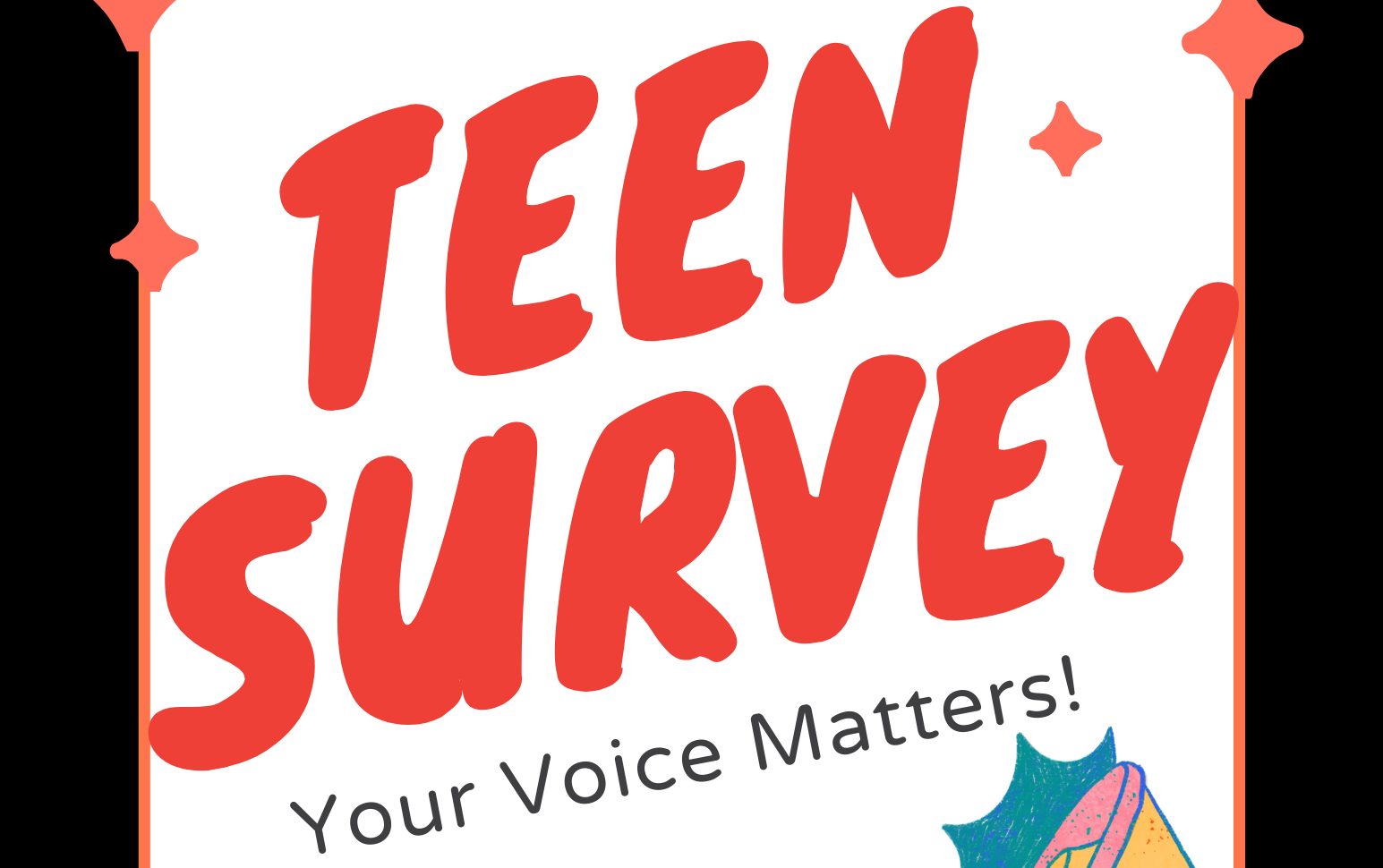The atmosphere at the press screening of “Black Panther” was like something I have never seen. The blend of nervous anticipation and fear of disappointment was thick. But more than that, between everybody, there was a common consensus that we were on the brink of greatness.
When I got to the Fox Theatre, the crowd of people to see the advance screening of the movie were spilling into the streets to get an exclusive look. The long line of people snaked from the sidewalk of the theatre to four buildings down from the box office. When finally getting in, we were greeted with a equally ridiculous concession stand line. Before the movie started, Samuel L. Jackson stepped up and gave a speech. That’s when I realized I was not alone in my feelings of pride. The mixture of Atlanta’s proud diversity and the cultural representation in “Black Panther” made a magical concoction of jubilant celebration that radiated through the Fox Theatre.
“Black Panther” starts by explaining the history of Wakanda, an imagined place in Africa. Wakanda in itself is one of the stand out parts of the film, the scenery can only be described as absolutely lovely. The modern yet paradisiac scenery is the perfect contradiction. But the scenery isn’t the only thing that caught my eye. I loved the hair.
In a scene where T’Challa (Chadwick Boseman) returns to Wakanda to inherit the throne, he finds his mother Queen Ramonda (Angela Bassett) has blonde dreads that hang down to her back. He is also greeted by his sister Shuri (Letitia Wright) who is seen with different styles of braids in the movie. Then he meets up with his long term bodyguard Okoye (Danai Gurira) who rocks a bald head along with his romantic interest through the movie, Nakia (Lupita Nyong’o) who is seen in a tapered afro, and bantu knots. One of the most memorable scenes in the movie is when in South Korea, Okoye is battling (and winning) against a white man and in the middle of her fight, she throws the straight-haired wig she is wearing at him revealing her bald head. Even though that move could just be seen as simple combat, I felt it was an homage to the pressures put on black women to have straight hair, when it’s not what grows out of our head.
For me, these images were huge. As someone who has had to deal with the hot comb and perm transition into bantu knots and twist outs, and to go from begging my mom for a relaxer, to begging for her to buy me the newest Shea Moisture moisturizer, I understand the struggle. “Black Panther” not only spoke to me because it had dark-skinned woman representation, but it also had women who had the texture of my hair, which is rare. In most movies, I’ve seen the token black girl is a light skin woman with a 3a hair curly texture and that is great, but for a young audience it can be damaging if that is the only representation they see. It just furthers the colorism and hair texture discrimination that has deep roots within black culture, via movies, music videos, television commercials and advertisements. I would want my daughter to see dark-skinned natural black women being perceived as beautiful, and I wish as a child, I had seen someone who looked like me with hair like mine in films being the beautiful love interest.
The natural hair in the film looked phenomenal. Hollywood has had some occasionally tragic mishaps that have happened with black actors regarding their hair. Such as Whoopi Goldberg in “Ghost.” Instead of celebrating her natural dreadlocks, they put her in a wig that could have be bought from the dollar store. But in “Black Panther” the afros were stretched and moisturized and the braids looked pristine. I have to give serious props to Hollywood hairstylist Camille Friend (“Dreamgirls,” “Guardians of the Galaxy,” “3rd Rock From the Sun”), who was in charge of the hair for the movie. She was quoted by “The Cut” saying “black hair is versatile and it’s beautiful,” and I couldn’t agree more. “Black Panther” truly makes a statement with the way the hair is handled in the movie, and it is a message that every young black girl needs to hear.
 Isley, 15, is a Freshman at Peachtree Ridge High School. She likes enjoys to write poetry, and hanging out with her friends.
Isley, 15, is a Freshman at Peachtree Ridge High School. She likes enjoys to write poetry, and hanging out with her friends.
Photo: Marvel Studios




